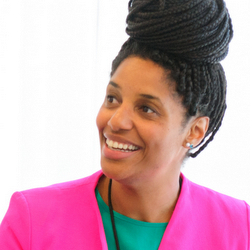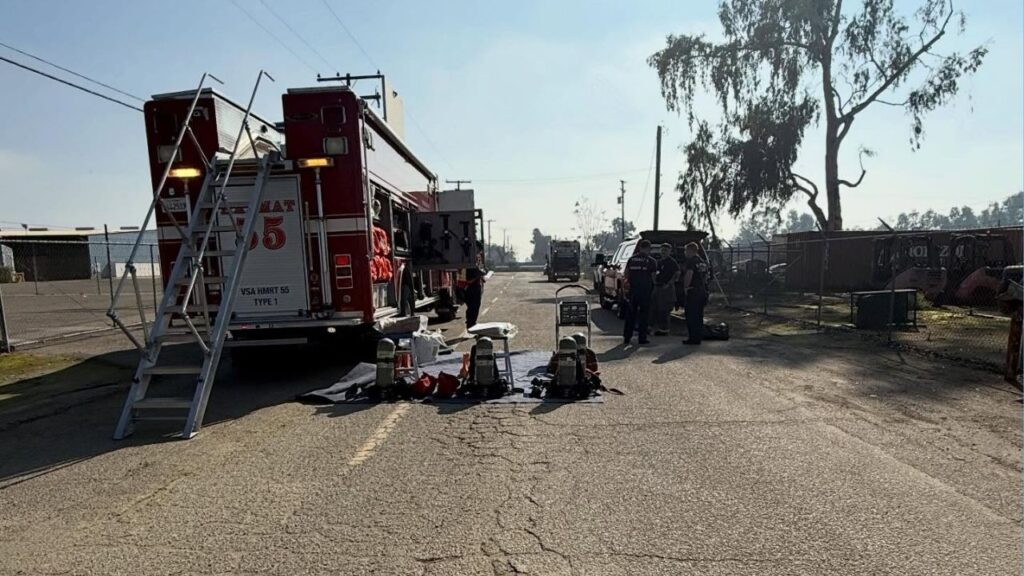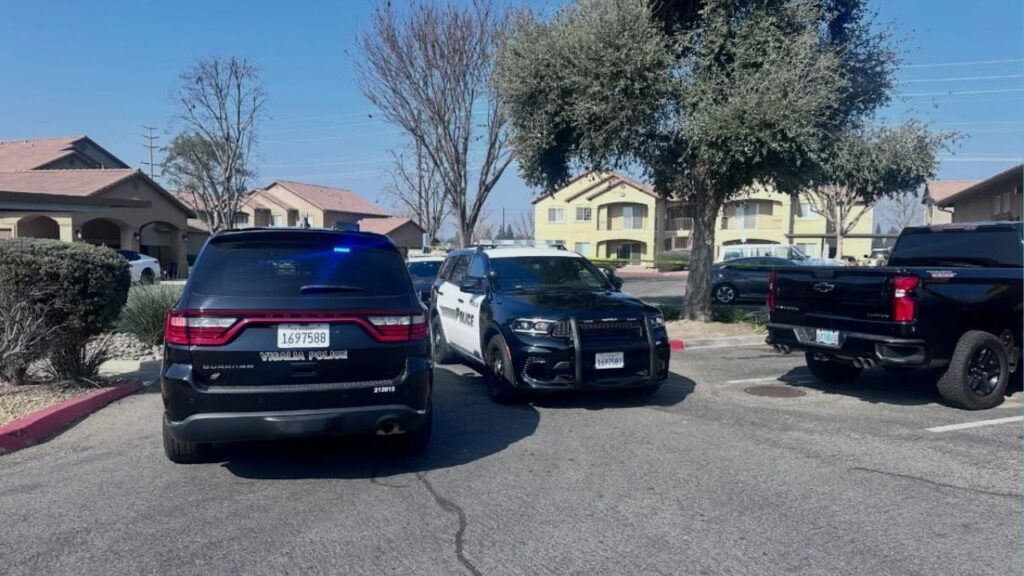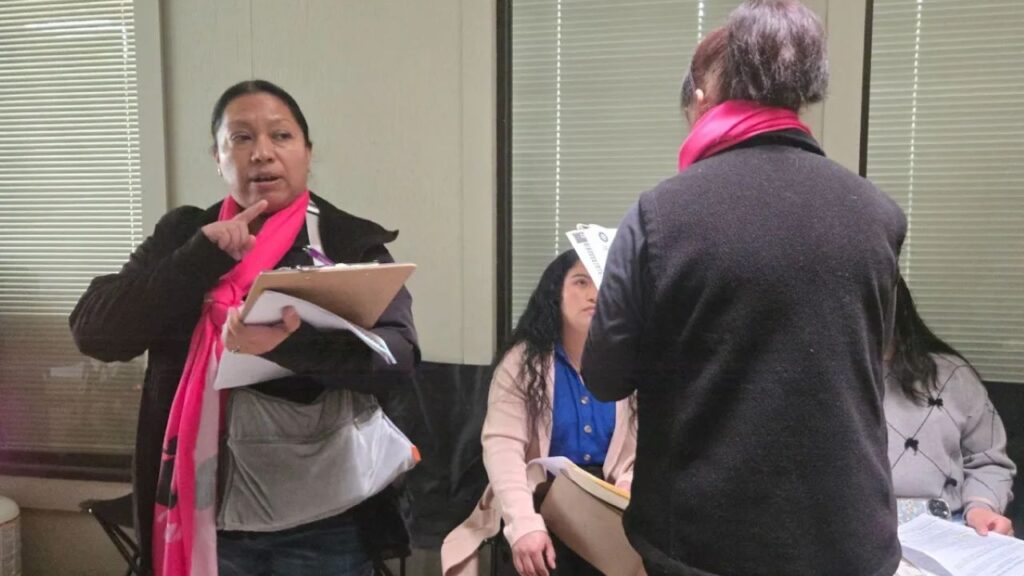Share
Myanmar recently claimed to have repatriated its first Rohingya refugee family. But, as an official from the United Nations noted, the country is still not safe for the return of its estimated 700,000 Rohingya Muslim refugees, who fled to Bangladesh in 2017 to escape an ongoing state-sponsored military campaign and persecution from Buddhist neighbors.
Indeed, in recent times, the Myanmar military has been building a fence along the 170-mile border and fortifying it with landmines, to prevent the Rohingya from returning to their villages.

Cresa Pugh
News Analysis
Conditions in Rohingya Camps
Since 2012, more than 1 million Rohingya refugees have fled their homes in Rakhine. The vast majority that fled in 2017 sought refuge in Bangladesh, where fears of an imminent monsoon flood are currently looming. In addition, there are an estimated 3.5 million Rohingya dispersed across the globe, the majority of whom have either fled or were born into exile due to violence in their homeland.
Those who remain in Rakhine are either in their homes and are prohibited from traveling away from their villages, or dwell in temporary camps. There are roughly 120,000 Rohingya encamped in settlements, located on the outskirts of Sittwe, the capital of Rakhine, just a few miles from their former homes.
Most residents have lived in the camps since 2012, despite the fact that they were forcibly relocated by the government on a purportedly temporary basis. The camps are managed jointly by the government and military, and receive substantial assistance from international NGOs and U.N. agencies. However, there have been times when even the humanitarian organizations have been barred from delivering food rations and other goods and services by the government and military.
I received government approval to visit the camps last year. In Northern Rakhine, I was interrogated by military officials, and one officer came to my friend’s home where I was having dinner to ask for my passport and travel documentation. I was then allowed to stay.
When I visited the Rohingya camp on the outskirts of Sittwe, the fear was palpable. The only road leading to the camp was dotted with police checkpoints staffed by AK-47-wielding officers. One of my interviews was cut short because there was a rumor of a man being shot dead, while trying to escape the camp. The entire quarter was put on high alert.
I happened to be visiting the camp on Eid al-Fitr, the last day of Ramadan when Muslims break their monthlong fast. In the midst of the tension, there was joy as well. Young girls with freshly oiled hair adorned with satin bows and sequined dresses played alongside the officers with machine guns.
At the same time, there was also the trauma of not being able to freely honor and practice their faith. Residents of the camp spoke to me of the limitations on their religious expression. They explained how camp officials required them to remain in their homes from 10 p.m. onward and how it was not possible for them to gather at a mosque to participate in traditional celebrations central to the Islamic faith, even during Ramadan.
Destruction of Mosques
Another sad reality for many Rohingya in Myanmar is the destruction of their religious buildings. All mosques in Rakhine have been either destroyed or shuttered after communal riots broke out between the local Buddhist population and Rohingya in 2012.

CC BY
Many of the abandoned mosques that I saw had been reduced to rubble, and many of them continued to be heavily policed. The government has also made it illegal to construct new mosques to replace those that have been destroyed or to make repairs or renovations. In addition, in 2016 state authorities announced plans to demolish dozens of other mosques and madrasas (Muslim religious schools), based on a claim, that they had been illegally built.
In the camp, I learned that residents were allowed to build two small mud and thatch huts, which would serve as their mosques. These small structures were hardly able to accommodate the thousands who wanted to pray there. People must therefore pray separately, a move which has deeply fractured social relations within their community.
Residents reminisced about the beauty of their now demolished mosques, some refusing to even call the structure in the camp a mosque for they believed it was disrespectful to their religion. For some residents, offering prayers in this structure was not a true practice of their faith. As one young man told me, “Without being able to worship Allah, we no longer have our lives.”
Furthermore, it is only men who are allowed into this space. Women are required to pray within their shelters. During one of my interviews with a young man, I saw his wife crouching down on the dirt floor in the rear corner of their bamboo hut amid a pile of cookware. I asked what she was doing. “Praying,” he said.
Even before the 2012 military crackdown, restrictions had been placed on many of the religious obligations and rituals of the Rohingya. From my interviews I learned that for the better part of the decade, no Rohingya living in Rakhine have been able to engage in spiritual pilgrimage to Islamic holy sites in other areas of the country and globe. They have also been prohibited from inviting Muslim religious leaders to visit their mosques.
When I spoke with Rohingya individuals in the camp, they told me the deep religious significance of these practices. To many, it wasn’t just a denial of their religiosity, but of their humanity. “Our history is Rohingya, our religion is Islam, and our home is Rakhine,” said one older man, as he showed me the damp, often muddy, dirt floor where his family of eight sleep has slept every night since June 9, 2012.
Not Losing Faith
Over the past several years, opposition to the Rohingya has deepened. Many residents of Rakhine believe that the Rohingya are illegal immigrants from Bangladesh, referring to the fact that some of the Rohingya trace their heritage to Bengal, an area that became part of British India in the mid-18th century and from which many people migrated during the colonial period.

Cresa Pugh, CC BY
![]() Nonetheless, despite their persecution, the individuals with whom I spoke remained unwavering in their faith. As I was departing, a young man, who had spent five years, or roughly a third of his life, in the camp, told me, “This has only made me stronger. The government has tried to destroy our religion and destroy our people, but a child never loses faith in his mother, and we can not lose our faith now.”
Nonetheless, despite their persecution, the individuals with whom I spoke remained unwavering in their faith. As I was departing, a young man, who had spent five years, or roughly a third of his life, in the camp, told me, “This has only made me stronger. The government has tried to destroy our religion and destroy our people, but a child never loses faith in his mother, and we can not lose our faith now.”
Cresa Pugh, Doctoral Student in Sociology & Social Policy, Harvard University
Disclosure: Cresa Pugh does not work for, consult, own shares in or receive funding from any company or organization that would benefit from this article, and has disclosed no relevant affiliations beyond their academic appointment.
This article was originally published on The Conversation. Read the original article.


















